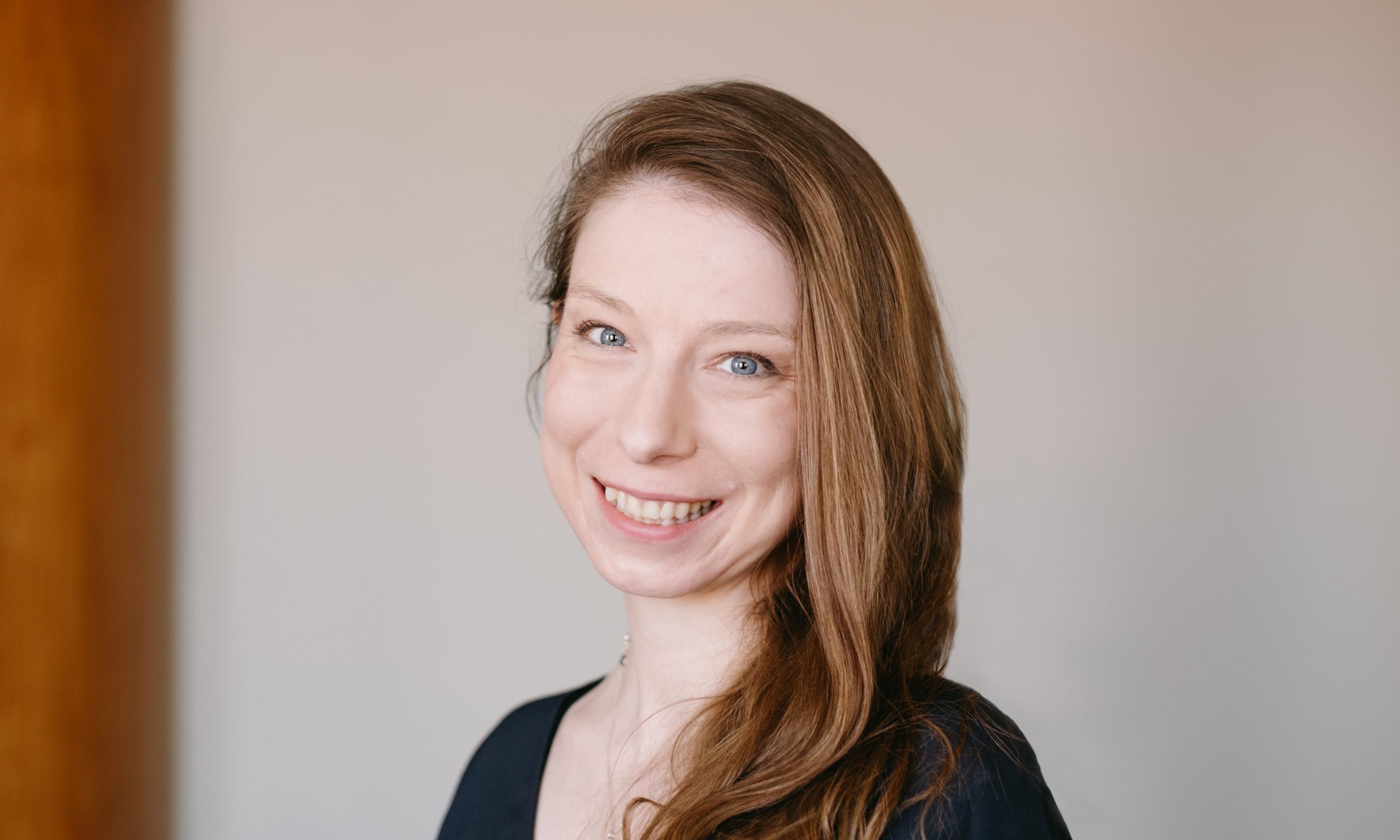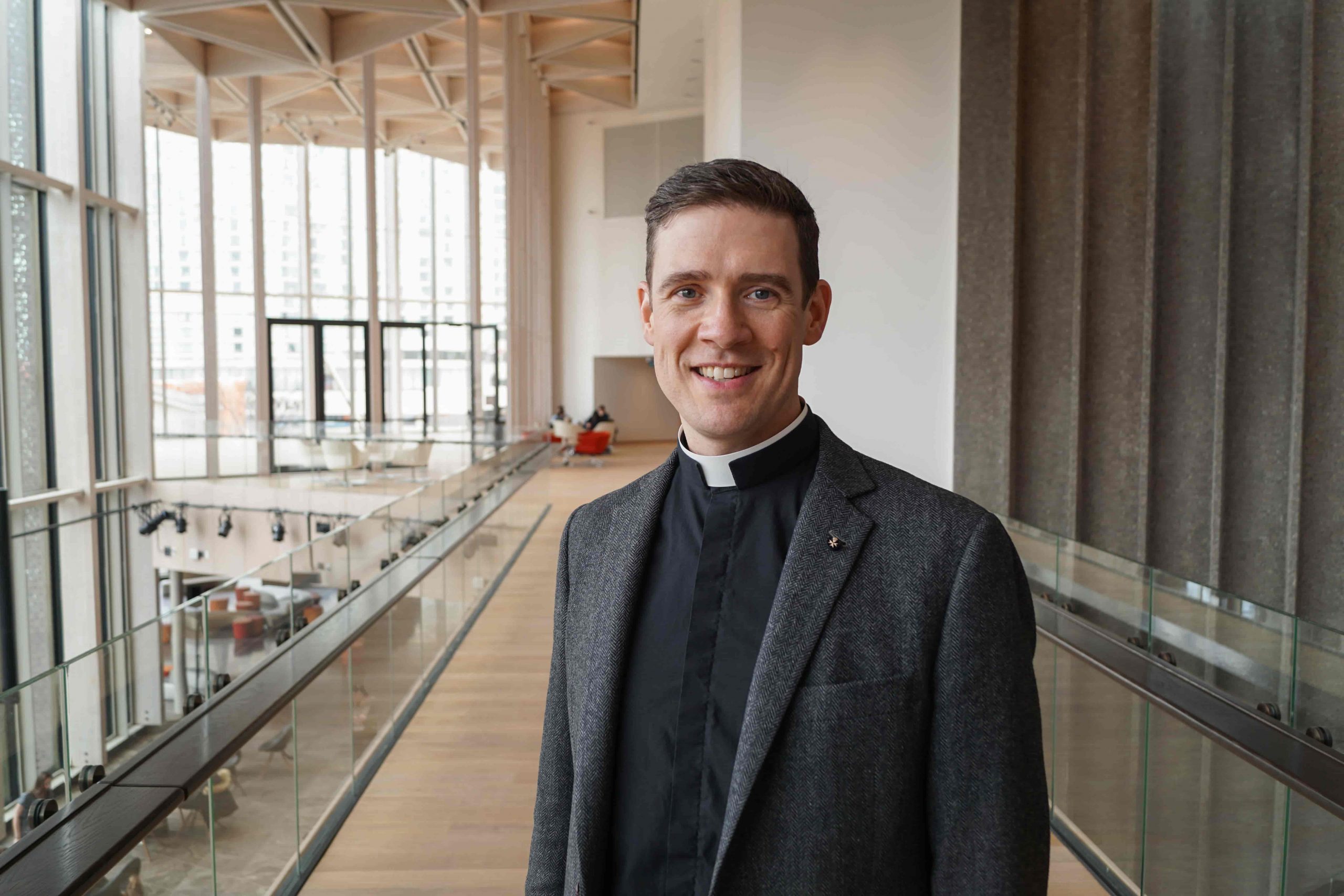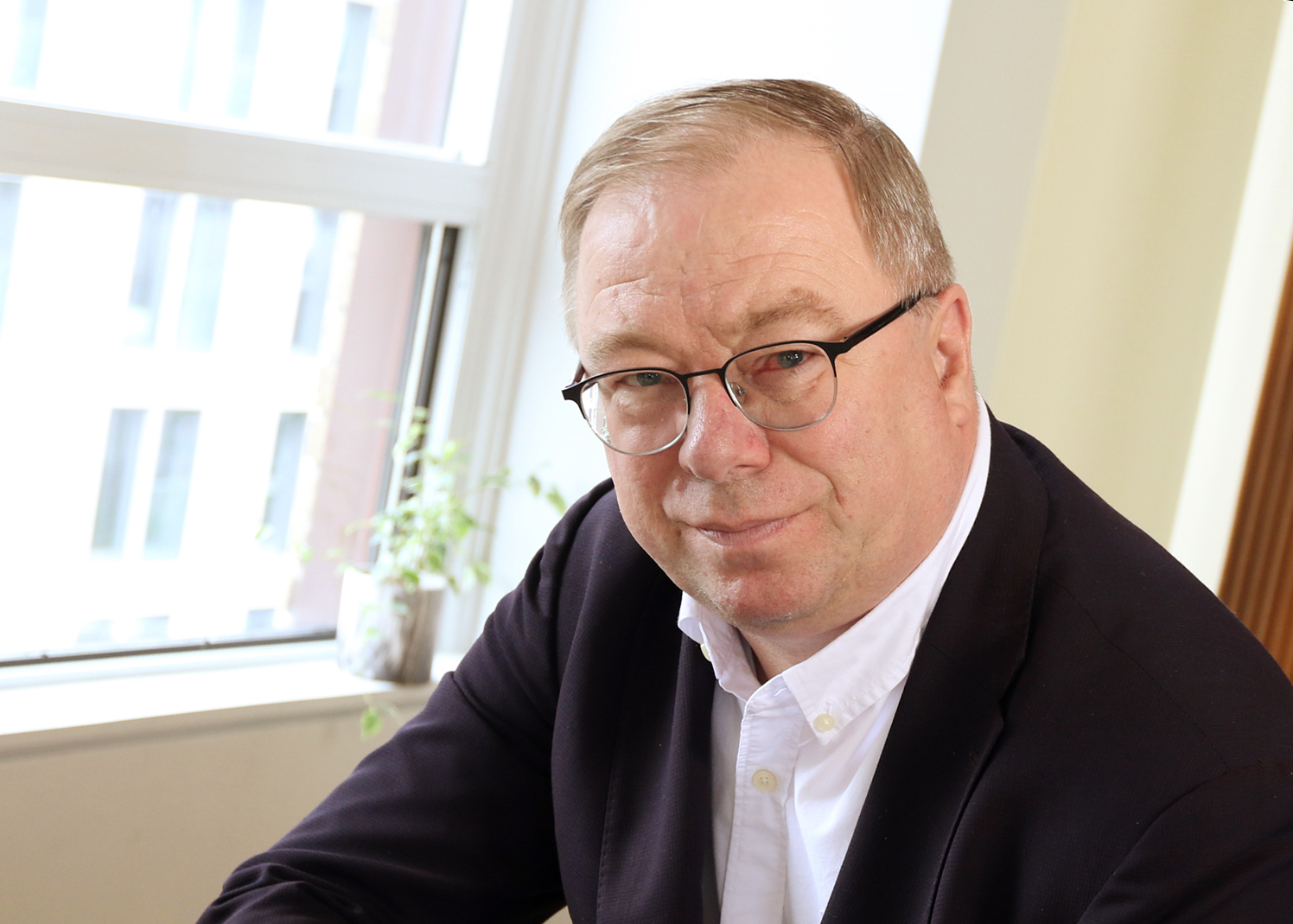Ottawa, Ontario—It’s a middle-class budget. But what exactly does “middle-class” mean? Government budgets always involve “cheques and balances,” but election-year budgets are equally about messaging and vote-getting.An exciting and very welcome inclusion in this budget is the extension of the Compassionate Care Benefit, effective January 2016.Presently, if someone receives a terminal diagnosis of six months, family members can receive up to six weeks of combined income support in order to provide care for their dying relative over that period. Building on the recommendations of an all-party 2011 Parliamentary report and the advocacy of various groups (including Cardus), this budget increases the benefit from six weeks to six months, at an estimated annual cost to the EI system of $37 million.To access an analysis of this year's budget by Ray Pennings, click here.

A budget for ‘the middle class’
April 21, 2015

Is religious freedom cause for discrimination or a foundation for diversity?
This week, the Institutional Religious Freedom Alliance's Stanley Carlson-Thies, also a Cardus senior fellow, reported in the Center for Public Justice's Capital Commentary on what religious freedom in the United States actually entails. "Should it be required that we all shed those convictions and identities when we interact outside of our families and places of worship and enter the public square to serve or be served?" Carlson-Thies asks. "A place to start is with a vision of the public not as uniform, but rather as diverse and heterogeneous." We are a society of heterogeneous convictions: multiple religions, different philosophical systems, varied identities, and contrasting convictions about many serious matters. It is not just, nor workable, to demand that we all shed those convictions and identities when we interact outside of our families and places of worship and enter the public square. Or, more accurately, it is not just, nor workable, to demand as the price of entry to the public square that those persons and organizations with countercultural minority views, people and groups out of sync with the current majority views about religion, sexuality, relationships, and life, must leave their views behind and conduct their lives and their organizations as if they agreed with the majority.Find this article in full at the Capital Commentary website.
February 27, 2015

Announcing the new director of Cardus Education
Cardus is delighted to announce the appointment of Beth Green as its new program director for education. Dr. Green is a prize-winning scholar with an international reputation for research in Christian education. She joined Cardus this week, relocating from the northwest of England, where she directed a Christian education research centre. "Having a scholar of Dr. Green's international calibre join the Cardus team is a moment of immense pride for us an organization," executive-vice president Ray Pennings said in announcing the appointment. "It demonstrates an evolution in the reach of our educational research, and our commitment to ground-breaking study of Christian schooling. It means, too, that Cardus is welcoming someone so committed to research in the Christian education field that she's willing to cross an ocean to contribute her gifts to our mission. Beth has already spent time with the team, and we could not be more delighted to have her join us," Pennings said.Dr. Green assumed her full-time duties in the Hamilton office, where she will work closely with the executive vice-president further developing the Cardus Education initiative at the University of Notre Dame. She will also be the key point of contact for all stakeholders in Canadian Christian education circles. Pennings noted Dr. Green's hiring was the result of a lengthy and intensive search process that attracted interest from the highest quality candidates. Her educational résumé comprises a B.A. (hons) and D.Phil. from Oxford as well as degrees from Cambridge and London Universities. A former history teacher, she has developed an international reputation for her research into Christian school ethos, leadership and management, teaching and learning, and social theory in education. "I'm passionate about translating rigorous scholarship and research in Christian education into practices that build the Kingdom of God in institutional structures, processes and pedagogy," Dr. Green says. "I've never believed the purpose of research is to fill dusty library shelves. Its purpose is to engage with—and shape—the lives of practitioners, policy makers and, most importantly, the young people in our schools." Explore the Cardus Education research program.
January 22, 2015

Delegates participate in International Conference on School Choice and Reform
The 4th International Conference on School Choice & Reform (ICSCR) took place in Fort Lauderdale, Florida, this month, bringing together researchers, policy specialists, practitioners, and organization leaders from around the world to consider how private religious schools contribute to the public good. The Cardus Education Survey published in 2014 compares school sector differences in the U.S. to show how they influence graduates into young adulthood. CRSI, a regular contributor to this conference program, submitted a symposia entitled: "Faith-Based Schools: Current Issues and Research." Ray Pennings, Albert Cheng, Dr. David Sikkink, and Dr. Beth Green presented this research at the prestigious conference. Pennings provided a comprehensive review of the data which found that, contrary to many assumptions, private and public schools do not differ significantly when it comes to involvement in civic life. Cheng’s paper reviewed the data in relation to volunteering in more depth. Volunteering is a good proxy for civic commitment and involvement and tells us about graduates community ties and the strength of social trust. Dr. Sikkink’s research drilled down into some of the nuances of the data, especially in relation to STEM subjects. And Dr. Green offered a UK perspective on the CES findings. Together these papers show that religious schools do not de facto result in social segregation and that they can enrich the diversity of education provision, but that they do need to retain autonomy and the freedom to innovate in order to benefit the public good.
January 17, 2015

Cardus*U participant featured in local paper
One Cardus*U participant was interviewed about one of his projects in the Hamilton Spectator. Caleb Heerema is studying the results of 817 responses to an online survey that probed consumers' appetites for passed-over produce that doesn't make it to mainstream supermarkets. "We wanted to see if there are people out there who were interested in it," said Heerema, who studied biology and chemistry at Redeemer College and is in the middle of an eight-month project with the Hamilton-based think-tank Cardus. "Seconds" are available at farmers' markets, but Heerema's idea is to provide another, more formalized option at The Mustard Seed for such rejected produce, if the figures support it. He wants to help farmers offer cheaper produce to consumers and cut back on food waste. "Really, everybody wins." The idea, still in its conceptual stage, aligns with The Mustard Seed's members' interests, says co-founder Graham Cubitt. "We know it doesn't have to look perfect to be good." Heerema, who was raised on a northern Ontario farm, said Canadians are blessed with bountiful resources but might have the "wrong mindset" when it comes to food stewardship. Read the rest of this article at the Hamilton Spectator's website, and listen to Heerema's radio interview on The Scott Radley Show here. Learn more about the Cardus*U program by clicking here or following the Facebook page.
January 7, 2015

Social Cities: Investing in Communities
Critical decisions that direct our shared future as Canadians increasingly deal with the place where more and more Canadians live: cities. Please donate by December 31, 2014 to receive a 2014 charitable tax receipt: click here. For a flourishing urban life, physical infrastructure matters. Water, food, electricity, gas, and building materials need to be organized into systems, often ones that are complex and interdependent. And cities need to pay close attention to these systems because when they don’t work, everyone notices: potholes tell us the roads need attention and murky water suggests that our water mains might need repairs. Yet at Cardus, we realize that the social infrastructure of our cities needs similar attention. Particularly when the various signs of breakdown—loneliness, community disintegration, or crime—manifest themselves, we know it’s time to work towards renewal. For this reason, Cardus has been working in several major Canadian cities and a handful of smaller ones in order to raise awareness about the current state of our social infrastructure. Although it’s an uncommon phrase, social infrastructure is concerned with the way in which our families, schools, workplaces, courts, businesses, governments, and many other organizations relate to each other in their dependence on agreements, shared cultural values, and common social goods. We have noticed a gap between faith-based organizations and municipal planning processes. Despite significant contributions to community well-being, there remains a missing piece of social infrastructure that prevents greater respective contributions to more resilient and enriched communities. We and our community partners are pioneering new approaches that explore what might be developed to bridge this gap. Cardus is also making significant investments in learning how our historic work on social architecture can make a particular contribution to the social resources of our city institutions and organizations. Stepping out into new territory requires significant support, talented people with an ability to learn and persist, as well as strong institutional partnership skills. We are bringing all of this to our Social Cities project and would greatly value being able to count you among this visionary effort. Your financial support for our research programs will provide a tax deductible receipt for you and a strong signal to us that we are on the right track. Finding new ways to invest in the social infrastructure of our communities is as vital as maintaining bridges, clean water, and policing. We believe that the best time to invest in this work is now. Milton Friesen Program Director, Social Cities December 2014 Please donate by December 31, 2014 to receive a 2014 charitable tax receipt: click here.
November 30, 2014

Education: Proving Excellence
The Cardus Education project has a special place in our mission to renew North American social architecture. Our research, papers, and events not only focus on shaping the educational landscape in a way that affects public square realities today, but if done well, the fruits of our work will shape the education of the next generation and will reap even greater dividends down the road. It’s a two-for-one deal and we have been thrilled with the dividends this project is providing. Please donate by December 31, 2014 to receive a 2014 charitable tax receipt: click here. This past year was the first complete year that the Cardus Religious Schools Initiative, our research partnership with the University of Notre Dame, has been functional and already great strides have been taken. In addition to another benchmark survey of the US education data, we’ve authored over twenty research reports, participated in several academic conferences, and most importantly, have seen our research extensively utilized by a wide range of religious schools. Perhaps the most tangible illustration of the conversation-changing impact this work is having was the invitation to present our findings at the CUNY Institute for Educational Policy at the Roosevelt House in New York City. This event attracted leaders from across the educational establishment, engaged with Jewish and Muslim school leaders, and was covered in the New York Post. Yet to keep up this momentum, we do need your help. Cardus can develop ideas, take initiative, and point to the fruits of our efforts, but an even more important measurement of what we do is the extent to which we are able to speak on behalf of a growing community who care about these issues and are prepared to express their concern with solidarity and with giving. If you're able, please consider making a tax-receipted donation to Cardus in support of our work before the year is over. Thanking you for your past interest and support in Cardus and our work in education and looking forward to hearing from you. Ray Pennings Program Director, Education December 2014 Please donate by December 31, 2014 to receive a 2014 charitable tax receipt: click here.
November 30, 2014

Cardus to engage industry on trades careers
"Some of the cultural aspects around construction and how it's viewed...it's kind of a second choice option," said Brian Dijkema, Program Director, Work and Economics at Cardus. "What we wanted to do was work with our partners to show that working in the construction trades is worthy of being considered a first choice option." The project will include a series of Canada-wide roundtable discussions involving key players in the industry, government and education system. The first meeting will be held on Oct. 27 in Calgary, followed by a meeting in Vancouver on Oct. 29, Toronto on Nov. 6 and Ottawa on Nov. 20. "At those roundtables...we are going to engage folks in the education sector on that file because one of the things that have come up is the difficulty communicating those opportunities," Dijkema added. "People are simply not aware of them. One of the outcomes we hope is greater awareness and an actual attempt to focus on guidance counsellors." Read the rest of this article at the Daily Commercial News website.
October 7, 2014

Introducing the Building Meaning Project
Working with your hands: it takes skill, intelligence, patience, and a pride in what you're doing. But in North America today, some of our policies and structures assume that getting your hands dirty is second-class work. The Building Meaning Project will reframe our understanding of the trades and make the connection between the dignity of working with one's hands, good jobs, and a healthy Canadian economy.In the Daily Commercial News, Cardus Work and Economics program director Brian Dijkema spoke about why this project is so important: "We want to communicate that...construction trades work is actually meaningful, stimulating work," he said. "It's intellectually demanding, it's intellectually stimulating and there's a sense of meaning to when you're able to build something." Read the full interview here. For more on some of the trends that we're addressing in this project, read Doug Sikkema's article at the Cardus Daily: No Shame in Dirty Hands. And visit www.buildingmeaning.com for all the details.
October 7, 2014



